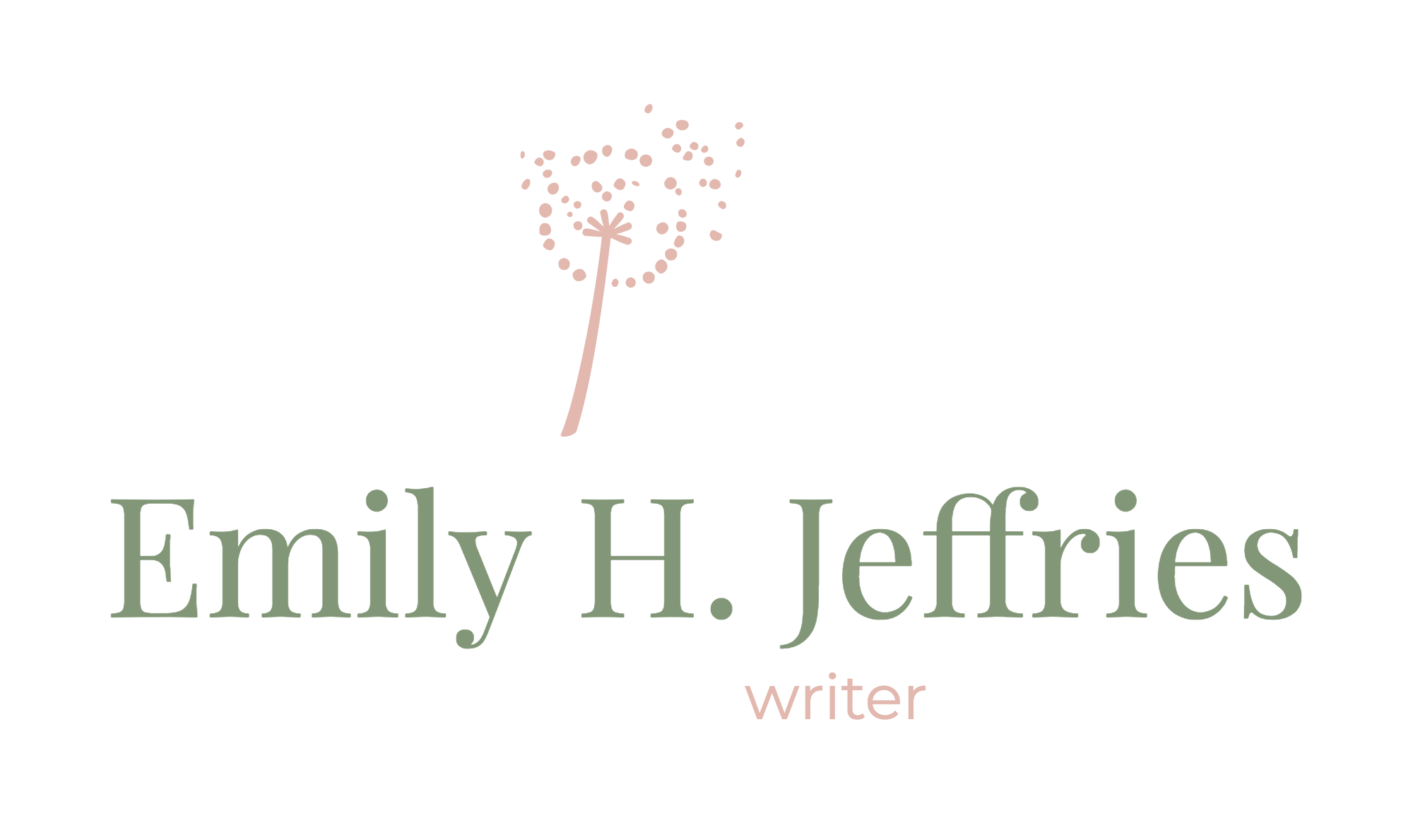Papa Francesco and Stories About Family
"Anyone who wants to bring into this world a family which teaches children to be excited by every gesture aimed at overcoming evil – a family which shows that the Spirit is alive and at work – will encounter our gratitude and our appreciation. Whatever the family, people, region, or religion to which they belong!"
These are the words of Pope Francis during the Mass held in Philadelphia concluding the World Meeting of Families.
Implied in these words is the fact that children aren't innately "excited by every gesture aimed at overcoming evil"; someone must teach them the nobility of such gestures. And who is to teach them? According to Pope Francis, the family.
On this point I couldn't agree more with the Holy Father. There is a grave responsibility on the shoulders of the family to teach children the importance of overcoming evil. The family is a kind of fortress against wrongdoing and a beacon of the Spirit. Therefore, it should be treated with reverence and pride, like the mighty castles of old.
But how many young people are members of a broken family? How many parents are still deeply affected by their broken childhoods, and continue the cycle of abuse and neglect in their own homes? In order to break the cycle, young people need to know what a family looks like when it overcomes evil and reflects the work of the Spirit. Young people who live under loveless roofs -- and there are so, so many -- need some kind of example.
How about books?
Roald Dahl. Photo creds: here
Books can teach children what loving families look like, and they can teach children what broken families look like. Both perspectives are helpful, as long as it is made clear which is the model family and which is the corrupted family. Roald Dahl, for example, must have had quite the time of it in his youth. In his children's books, very few parents or authority figures possess a crumb of kindness (a la the Dursleys in Harry Potter). But, some redemption is found in Grandpa Joe from Charlie and the Chocolate Factory and again with Miss Honey in Matilda. Still, things are generally pretty Dickensian for the children in Dahl's stories.
Laura Ingalls Wilder. Photo creds: here
A better example can be found in the Little House books by Laura Ingalls Wilder. These autobiographical stories are not only irresistibly heartwarming, they also describe a steadfast father, an industrious and nurturing mother, and sisters who work and play together. No doubt a child of any background reads Wilder's tale and feels an instant connection to the love and strength of her pioneer family.
A healthy family is the first and most important step toward social reform. Children deserve to know what that looks like, and the stories they read can have a powerful impact. As writers, let's help troubled children believe that the cycle can be broken.
What literary families did you grow up loving? Have they inspired your hopes for your own family?


